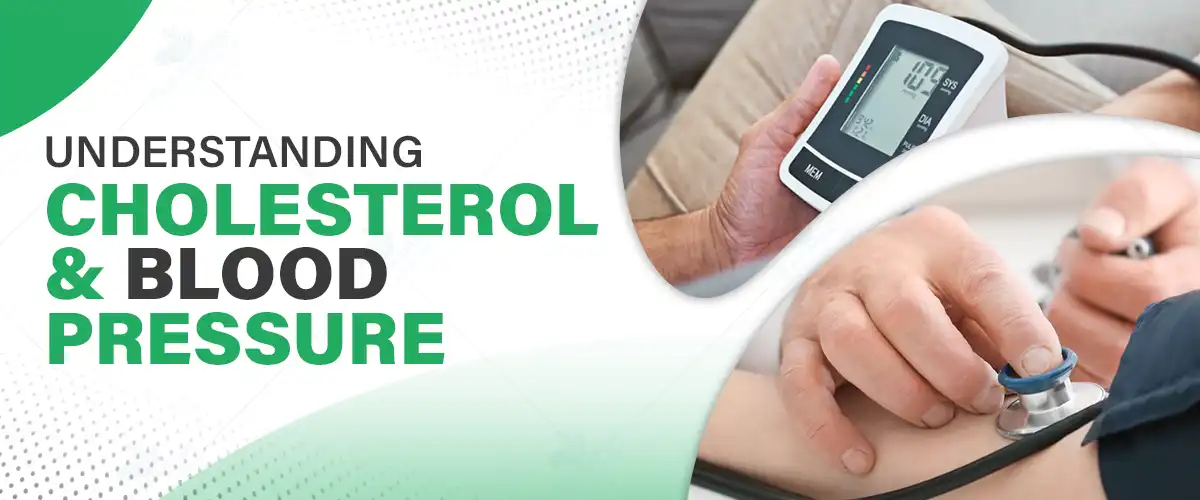Sometimes, it’s easy to ignore minor symptoms or try to self-manage them at home. However, knowing when a symptom signals something more serious is crucial to protecting your health. Prompt medical attention can prevent complications and lead to better outcomes.
Common Symptoms and When to Seek Medical Help
1. Fever
-
See a doctor if:
-
Fever lasts more than 3 days.
-
Temperature is above 103°F (39.4°C).
-
Accompanied by severe headache, stiff neck, difficulty breathing, persistent vomiting, or confusion.
-
2. Chest Pain
-
See a doctor immediately if:
-
Pain is sudden, severe, or crushing.
-
Pain spreads to arm, jaw, neck, or back.
-
Associated with shortness of breath, sweating, nausea, or dizziness.
This could be a sign of a heart attack.
-
3. Shortness of Breath
-
Seek medical help if:
-
Difficulty breathing occurs suddenly or worsens rapidly.
-
You experience chest tightness or wheezing that doesn’t improve with usual medications.
-
Accompanied by blue lips or face.
-
4. Persistent Cough
-
Consult a doctor if:
-
Cough lasts more than 3 weeks.
-
Accompanied by blood in sputum, weight loss, night sweats, or fever.
Could indicate infections or lung conditions.
-
5. Severe Headache
-
See a doctor if:
-
Headache is sudden and severe (thunderclap headache).
-
Accompanied by vision changes, weakness, confusion, or difficulty speaking.
Could signal stroke or other serious conditions.
-
6. Abdominal Pain
-
Seek help if:
-
Pain is severe or sudden.
-
Associated with vomiting blood, black stools, jaundice, or persistent vomiting.
-
Lasts more than 24 hours without improvement.
-
7. Unexplained Weight Loss
-
See a healthcare provider if:
-
You lose more than 5% of your body weight unintentionally within 6–12 months.
-
8. Changes in Mental Status
-
Urgent care needed if:
-
You or someone else experiences confusion, disorientation, seizures, or sudden behavioral changes.
-
When to Visit Your Doctor for Routine Symptoms
For symptoms that aren’t immediately severe but persist longer than expected or worsen over time, it’s wise to consult your healthcare provider. This includes:
-
Recurring infections
-
Skin changes or rashes
-
Digestive issues like diarrhea or constipation lasting more than a week
-
Persistent fatigue or weakness
-
New or unusual lumps or swelling
Tips for Knowing When to Seek Care
-
Trust your instincts. If something feels wrong, don’t hesitate to get evaluated.
-
Keep a symptom diary noting onset, duration, intensity, and associated factors.
-
Use telemedicine services if available for initial consultation.
Conclusion
Timely medical evaluation can make a significant difference in outcomes. Knowing when to seek professional help ensures you get the right care at the right time, protecting your health and peace of mind.





Comments (0)
Leave a Comment
No comments yet. Be the first to share your thoughts!